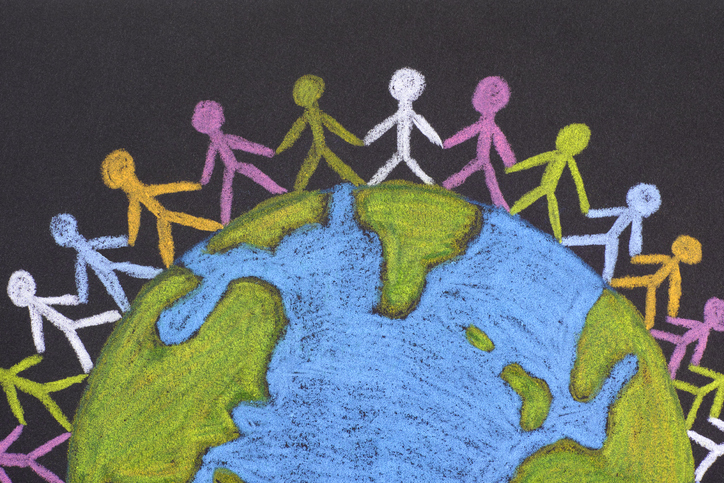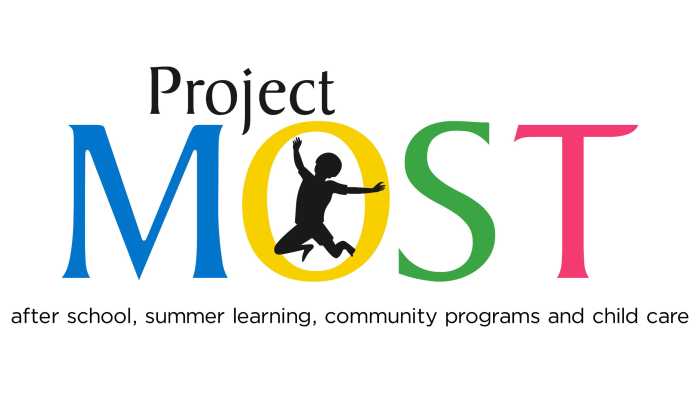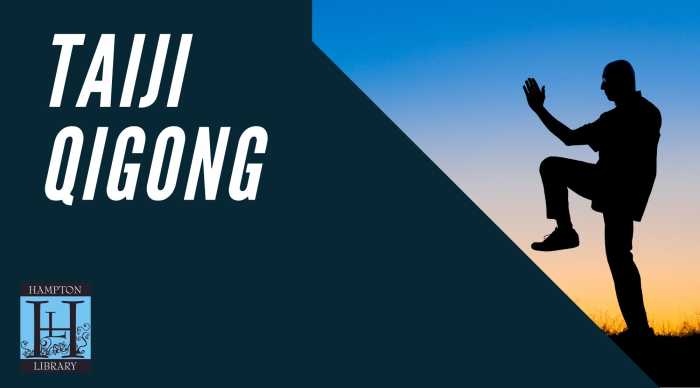The invasion of Ukraine by Russia that began in February has put the world on edge. War is on our minds; peace seems an elusive goal. Look up “war” online and you will find 20 active wars in addition to the operation in Ukraine.
The United Nations Charter Preamble declares, “We the peoples of the United Nations determined to save succeeding generations from the scourge of war … to practice tolerance and live together in peace with one another as good neighbors.”
The climax of the beatitudes is found in these words: “Blessed are the peacemakers.” The Messiah was to be called “The Prince of Peace.” “Shalom Aleichem” means peace be upon you in Hebrew.
Martin Luther King Jr. said, “We must concentrate not merely on the negative expulsion of war, but the positive affirmation of peace.” The word “Islam” means peace and submission. Pope Francis said “those who wage war forget humanity,” and that nations should divert money spent on armaments to invest in education.
As educators and those responsible for an educational institution, how might we think about peace?
P-E-A-C-E is a composition consisting of these elements:
P is for people, both individually and collectively. We are humanity. P is also for Public and the relationship between public obligations and private opportunities.
E is for education, for literacy, for preparing to fulfill our individual potentials. One goal of education is to prepare students to live in a diverse society where they will value those of other cultures and be ready to supervise, be supervised by, or be a neighbor of someone from a different cultural background. Our mission is to help students advance in character and citizenship as well as to prepare for careers and commerce.
A is for aspiration and achievement, for dreaming, fulfilling, and becoming the best that we can be.
C is for compassion, a culture of conscience and peace. We live with others in community. We are not alone. Together, we can go beyond sympathy, which means that we feel sorry for others, and beyond empathy, which means that we feel their pain, to feel compassion, which means acting to help others. What is our compassionate response?
E is for engagement, for being active in society, for trying to understand others, for writing letters to the editor, for voting, for working to ensure that the principles of peace and justice are promised, promoted, and provided.
P-E-A-C-E: Let us reflect on what we as educators and citizens can do to promote the promise of peace.
In Russian, mir; in Ukrainian, myr; in German, friede; in Chinese, hépíng; in French, paix; in English, peace.
Sign up for Long Island Press’ email newsletters here. Sign up for home delivery of Long Island Press here. Sign up for discounts by becoming a Long Island Press community partner here.


































